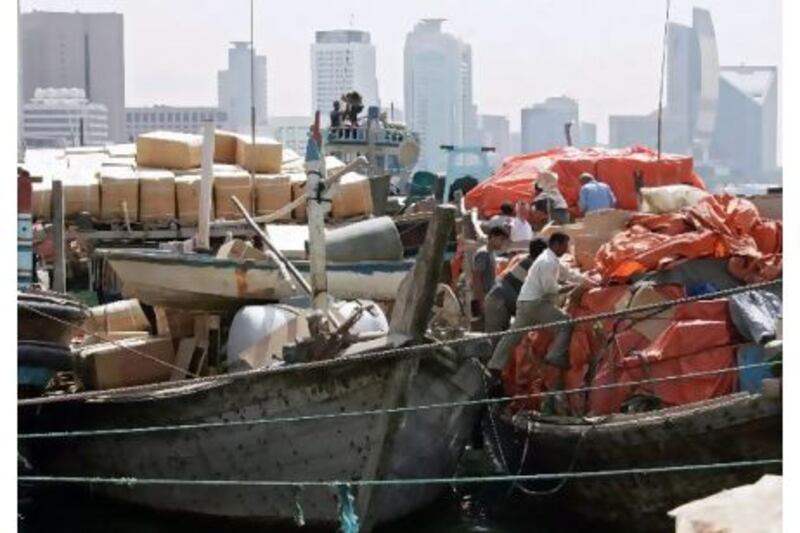Credit insurance offered by the new Dubai operations of a major multilateral export credit insurer will help to spur trade financing by easing risk aversion among banks, says the organisation.
From the Arab Spring to tightening global sanctions against Iran, risks in the Middle East have hampered trade deals in some parts of the region this year. The Dubai office of the Islamic Corporation for Insurance of Investments and Export Credit (ICIEC) will insure exports that otherwise might not be possible because of an unwillingness by banks to supply finance.
Part of the Islamic Development Bank (IDB) Group based in Jeddah, ICIEC insures trade finance offered by banks to IDB's 40 member countries across the Islamic world, taking over exposure to the risk of default from the lender. It also insures political risks.
"We surveyed all the other centres of business and commerce but wanted to open an office close to home, and Dubai is rapidly becoming a hub for the entire GCC and to a certain extent South Asia as well," said Owais Diyan, the head of operations in the Dubai office of ICIEC.
"Dubai will be important for a lot of the banking relationships we have as it is a financial centre and one of the pre-eminent offshore banking centres."
Financing trade deals with countries affected by unrest has become trickier as uncertainty has persisted in the region. Some traders have complained about difficulties in accessing finance and payment schemes to trade with Iran in response to sanctions aimed at restricting its nuclear enrichment ambitions.
Some banks and export credit insurers have restricted the list of markets they are willing to finance trade with and, in certain cases, pushed up the cost of securing financing.
ICIEC will consider insuring trade deals to countries affected by the Arab Spring and Iran without contravening global sanctions, Mr Diyan said. ICIEC launched its Dubai operations last month as its first regional office outside its headquarters in Jeddah.
The office will start with about 10 per cent of ICIEC's total business, before growing to about 20 to 25 per cent over the next two or three years, Mr Diyan said. ICIEC's insurance liabilities rose to US$3.2 billion (Dh11.75bn) last year, 51 per cent growth on the previous year thanks to increased demand for its services.
The Dubai office will act as a "marketing and outreach centre", with back-office duties still done in Jeddah, Mr Diyan said.
"We hope to better address the economical challenges facing IDB member states by aiding small and medium enterprises and supporting initiatives to help eradicate unemployment," said Obaid Humaid Al Tayer, the Minister of State for Financial Affairs, who signed an agreement securing the establishment of the office.
One of the reasons for the recent rapid rise in ICIEC's insurance liabilities was a change in policy last year, enabling non-IDB countries to take out insurance for trade with IDB members.





